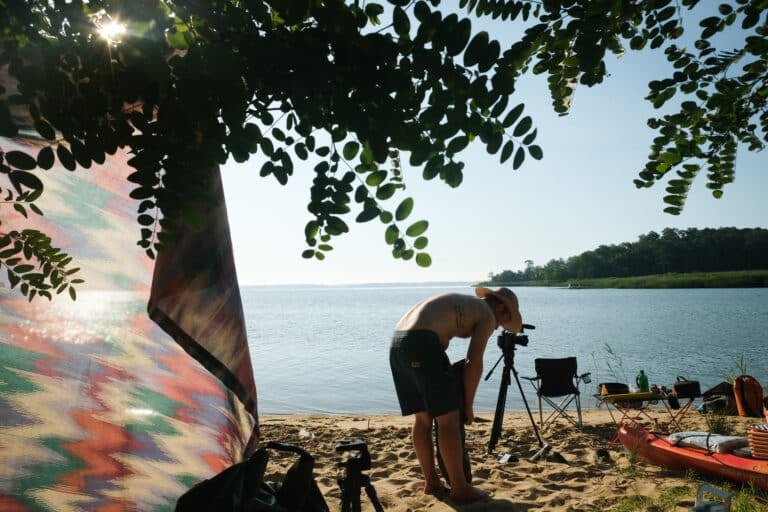
That looks cool, but can you make a living? There’s a scene in a new reality show where Travis Graves swings, leaps, and slides his way through a jungle gym maze. The TV show is called Jump City Seattle, and it may just be a glimpse into the future of parkour as an organized sport.
Jump City Seattle premiered last February on the G4 network, a cable channel geared towards gamers. The show follows four teams of professional traceurs from all over the country as they move through the rooftops, warehouses, and back alleys of Seattle, competing for the Pro Parkour Championship trophy.
Graves competed in the reality show as a member of the Tribe, the first pro parkour team in the U.S. The Tribe was originally a loosely organized group of traceurs from various corners of the country who got together to provide contacts and resources for budding traceurs itching for knowledge and help. Eventually, the Tribe evolved into a performance group that made traceurs available for commercials, Hollywood stunt work, corporate performances, and the rare parkour competition. In the past several years, members of the Tribe have landed gigs on TV shows like Chuck, starred in commercials for everything from K-Swiss shoes to Nokia phones, and put on demonstrations at a variety of venues, from the Charlotte City Center to the U.S. Embassy in Lebanon.
“We couldn’t afford to keep paying for our AmericanParkour.com website because of how large it had grown, so we started taking a few gigs, commercials and performances, so that we could keep doing what we loved,” explains Paul Mederos, a Virginia-based traceur and one of the Tribe’s founding members.
The performances culminated with Jump City Seattle, a TV show that members of the Tribe spent three years developing.
“This reality show is a way we can bring parkour to a larger audience,” Graves says.
MTV produced a similar show just a couple of years ago, called The Ultimate Parkour Challenge, which received mixed reviews within the parkour community because it mostly depicted parkour as a competition. Traceurs train together often and organize massive “jams” that bring athletes from entire regions together, but actual organized competitions are rare. In fact, pitting one traceur against the other is almost blasphemous to many parkour enthusiasts, most of whom don’t even consider parkour a sport.







